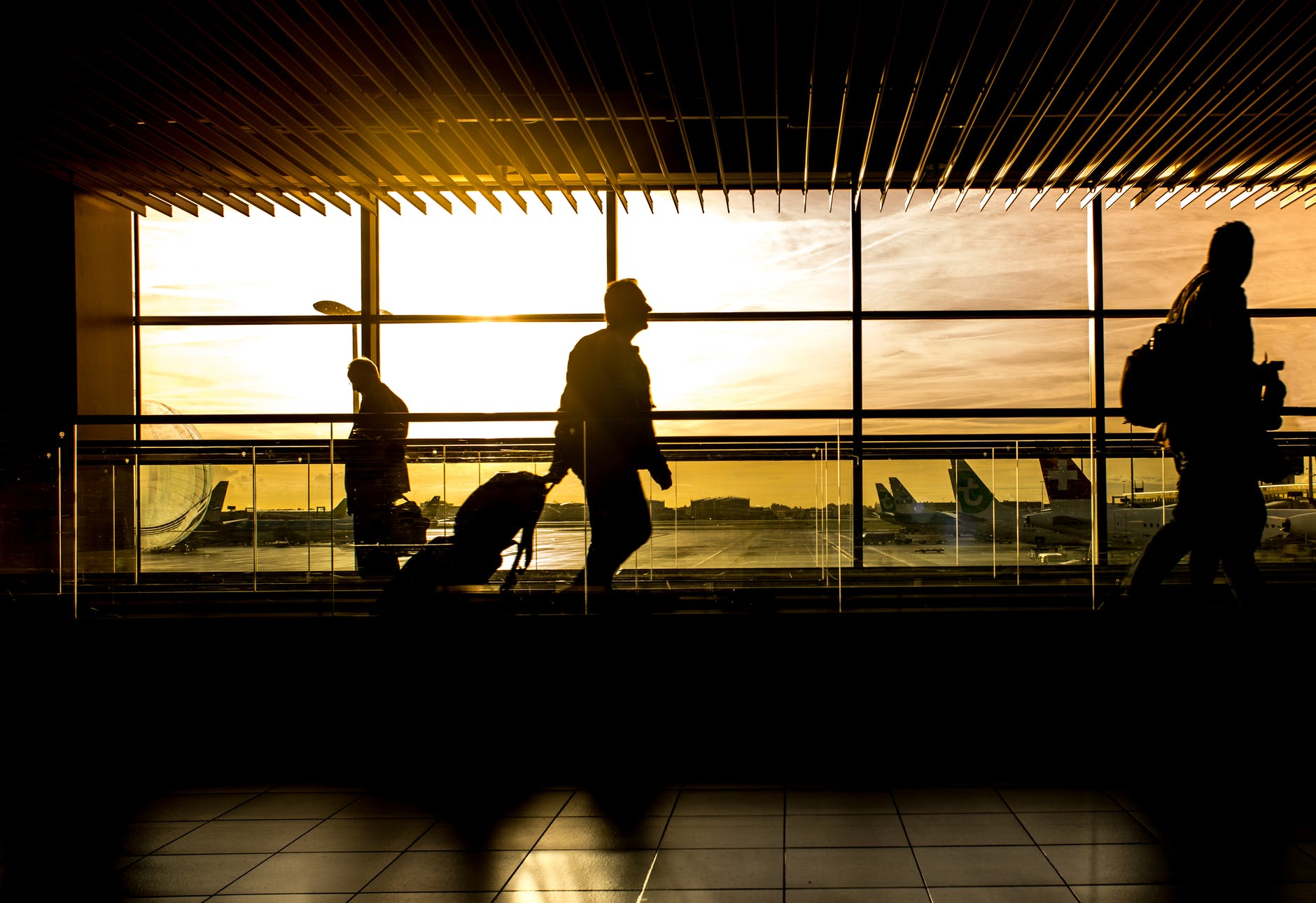Mauritius, located in the Indian Ocean approximately 1,200 miles (1931.213 km) from the south-east coast of Africa, is a democratic republic and has a population of more than one million people. English is the official language, French being extensively used and Creole widely spoken. The island’s climate varies from tropical during summer and sub-tropical during winter. The summer months normally extend from November to April and winter months from May to October.
Prior to its Independence, Mauritius was colonized by both the English and French, and, as a result, its legal system is a hybrid of English and French law.
- Why live and work in Mauritius?
Living in Mauritius does not only present advantages in terms of its unique environment. Mauritius offers many tax incentives to encourage investors to choose the island, while being respectful of worldwide standards. Since the country has signed a double taxation agreement with 43 countries, this status gives rise to a number of tax advantages.
Both individuals and companies (including any other taxable body/corporate) are taxable at a single rate of 15%. As per the Mauritius Revenue Authority, “a Mauritian resident is taxable on worldwide income, except an individual whose foreign source income is taxable only if it is remitted to Mauritius. A local company is chargeable to tax in respect of its worldwide income, whether its foreign source income is remitted or not to Mauritius.”
Concerning Corporate tax, unit trust schemes, collective investment schemes, trusts and Foundations are taxable as companies at the rate of 15%. Any profits paid or distributions made by all of these bodies corporate resident in Mauritius are excluded of tax charged.
In other words:
- There is no taxation on capital gains generated by companies,
- There is no tax at source on interest and dividends,
- No charges or constraints on the repatriation of the money generated by activities (profits, dividends, capital),
- Exemption from customs duties on equipment.
- Doing business in Mauritius
Ever since the Pandemic of COVID-19 and recently being included on the high-risk countries with strategic inadequacies in their regime in regards to anti-money laundering and countering terrorist financing to the money-laundering blacklist, the Mauritian government has been putting forward measures and an economic plan for the financial year 2020-2021 for a steady recovery of the economy and to refute its current image worldwide.
As per the latest “World Bank Ease of Doing Business report 2020”, Mauritius ranked itself 13th out of 190 countries, ahead of Australia & Taiwan, China. The country remains on top of the African countries and continues to be considered one of the most business-friendly platform in the world. The Budget has confirmed its commitment to providing investors with a sophisticated and friendly base to create/conduct their business.
The Government has proposed and announced measures to further facilitate doing business in the Island. Some of them are as follows;
- The fees for reinstating companies will be reduced from MUR 15,000 to MUR 5,000.
- A new sandbox framework will be implemented to facilitate development. The Regulatory Sandbox License (RSL) offers the opportunities for an investor to lead a business activity for which there exists no legal framework, or satisfactory adequate provisions under existing legislation in Mauritius. Any investor who has an innovative project for which there exists no no legal framework or adequate provisions which cover the realisation of his venture may present a duly filled application for the issuance of a RSL. The candidate should be able to demonstrate the creative nature of the project at the local, regional or global level.
- Amendments will be made to the Companies Act in order to increase the protection of shareholders.
- The fees related to Building and Land Use Permit for construction of pharmaceutical and manufacturing factories, food processing plants and warehouses will be disregarded.
- Foreign buyers having the intention to purchase immovable properties will have the process facilitated by the help of digital power of attorney.
- Incentives on work & residence permits
Concerning foreign investors and companies, the Government has announced a number of incentives to encourage and attract foreigners to migrate, work and invest in Mauritius. Some of them are:
- The Occupation Permit (OP) has now been combined (work and residence permit), permitting foreigners to work and live in Mauritius. As a result, this allows an easier application and faster processing steps.
- The initial investment amount for obtaining an OP was of USD 100,000. This amount has been reduced to the considerable amount of USD 50,000. In addition, the minimum turnover and investment requirement for an Innovator OP are being removed.
- Initially, a spouse (including Common Law Partner of the opposite sex) had to apply for an OP. With the new measures, the spouse of an OP holder will no longer need a permit to invest or work in Mauritius. Moreover, OP holders will also be allowed to bring their parents to live with them.
- The Permanent Residence Permit which had a validity of 10 years will now be extended to 20 years.
- OP and Residence Permit holders will be eligible to apply for a Permanent Residence Permit if they have held their permit for three consecutive years or more.
- Conclusion
All these incentives and measures have been announced in order to ease the process whereby a foreigner may work, live and invest in Mauritius, as well as providing them
with more visibility, certainty and comfort to live in a country where they shall be spending a significant part of their lives.
Mauritius remains an attractive hub for holidaymakers, a safe relocation option for retirees and families, for the setting-up of businesses and for investors. With one of the highest GDPs (Gross Domestic Product) in Africa, Mauritius is a financial stronghold settled within a thriving continent. At a time when many amongst worst hit countries are showing an inclination for isolationism or non-interference, it is encouraging to see Mauritius seeking and pursuing its opening and opportunities to the world with renewed motivation and devotion. Mauritius combines the customary focal points of being an offshore financial centre with the distinct advantages of being a treaty based jurisdiction network of double taxation avoidance treaties and investment promotion and protection agreements. The blend of fiscal and non-fiscal characteristics along with the various product-base have been the key elements of the Mauritius’ success.




